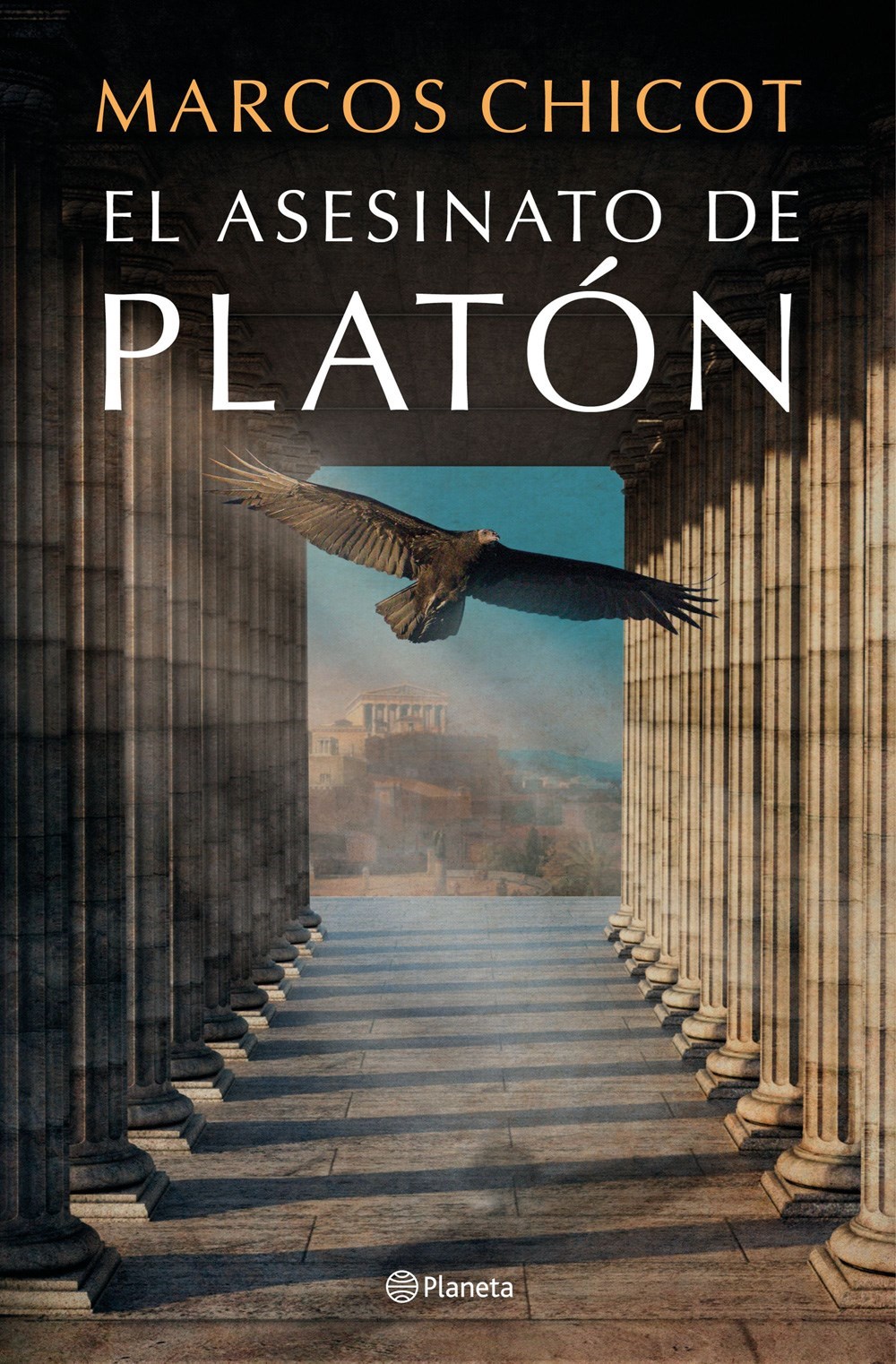The struggle for democracy and equality clashes with the ambition of the tyrant.
Athens, 4th century B.C. Altea, daughter of Perseus and one of Plato’s most brilliant disciples, is the first woman to be admitted to the philosopher’s academy as a student and, subsequently, as a teacher. Her life has broken with all the stereotypes: she is a mature and free woman, who does not adhere to any kind of constraints and her marriage to Callippus is based on true love. She truly longs to have a child, however, for unknown reasons, that child never arrives.
Plato, her most faithful friend and confidant, constantly risks his life to make his dream come true and bring justice to Athens: to create a government far from all demagogies that puts the common good first and in which all citizens, including women, are equal.
Plato and Altea will share and spread the foundations of Athenian Democracy among the people, thus facing all political and governmental adversity.
After the death of the ruler Dionysius the Elder, his son Dionysius the Younger rises to power and Plato is called upon to organize a government in accordance with his philosophical concepts. However, this will raise great protests among the crowd and will lead to the weakening of Magna Graecia as a nation, making way for the general and tyrant Epaminondas of Thebes.
The government of Dionysius the Younger is in great danger when Callippus, husband of Altea and faithful supporter of his government, decides to surrender to the desire for power and opts for betrayal and the dismantling of a political structure based on equality and balance.
A new war is being declared in Greece with Thebes as the new hegemonic power and common enemy of Spartans and Athenians. Plato, with the great support and backing of Altea, will try to make use of his ideology so that peace and justice will take precedence over any tyranny, appease the intrinsic revolts of the Spartans, and return Greece to its splendor and magnitude.
RELEVANT DATA: Killing Plato (El asesinato de Platón) takes place 30 years after Killing Socrates and follows the adult life of Altea, daughter of the protagonist of the previous novel.
The work features a wide range of characters, plots and subplots that would allow the development of a TV series of several seasons. In addition, Chicot provides his characters with great psychological complexity, distancing them from any canonical stereotype, as well as making a very well documented and visual portrait of the life and customs of Ancient Greece. Apart from the thriller and action components of the work, Killing Plato (El asesinato de Platón) exposes the birth of the Platonic theories and the great sociopolitical revolution that involved trying to implement a model that broke with what had been seen before.
Marcos Chicot is presently one of the most relevant Spanish authors of historical novels. His books, based on Ancient Greece, have broken sales records, and are read by millions of people. Killing Pythagoras (El asesinato de Pitágoras) catapulted him to rank as one of the best-known Spanish writers, as it was the best-selling non-English speaking e-book in history on Amazon. His next work, Killing Socrate’s (El asesinato de Sócrates), was a Planeta Award Finalist.
He is an author that has been published in many countries such as Argentina, Mexico, Italy and France, and whose works have been translated into several languages including English, Italian, French, Portuguese, and Greek.
What the critics have said about the novel:
“A splendid mosaic of Ancient Greece.” José Manuel López García (literary critic)
“Marcos Chicot is to ancient Greece what Posteguillo is to Rome. [..] Chicot uses his books to introduce and bring us closer to the ideas of these great philosophers.” Goodreads
“I have flown over Athens thanks to Plato’s Murder (El asesinato de Platón).” Nativa selectta (literary blog)
“A work that teaches us about the history of Athens. I give it 5 stars.” Encuentra tu historia (literary blog)
AUDIOVISUAL POTENTIAL: TV Series, Miniseries, Film, TV Movie.
LANGUAGES AVAILABLE: Spanish and Italian.

Adquirir los derechos
Para ponerte en contacto con nosotros completa el siguiente formulario y te responderemos en breve.

